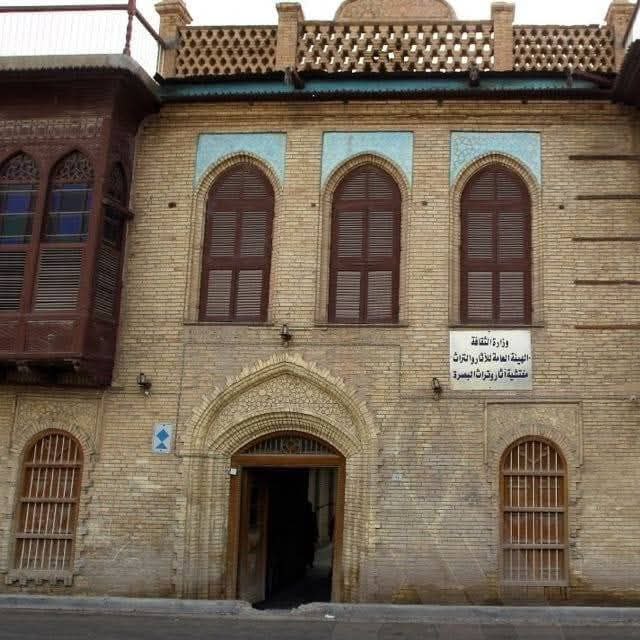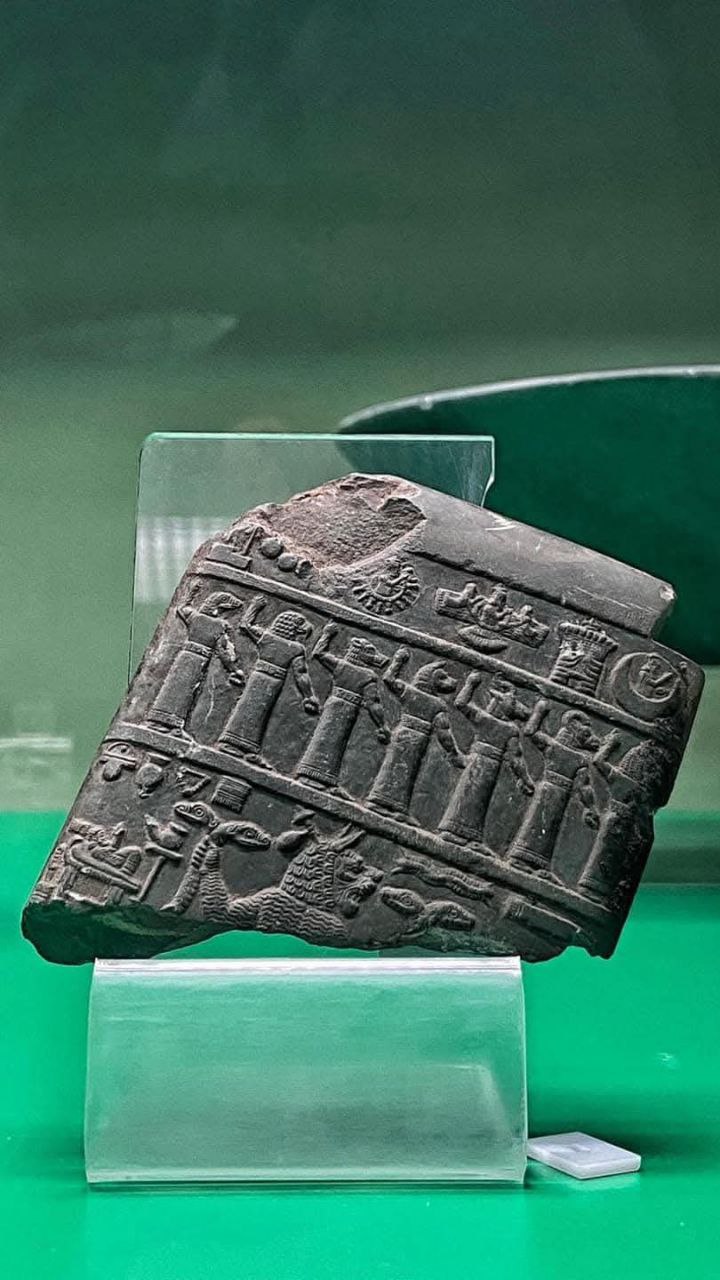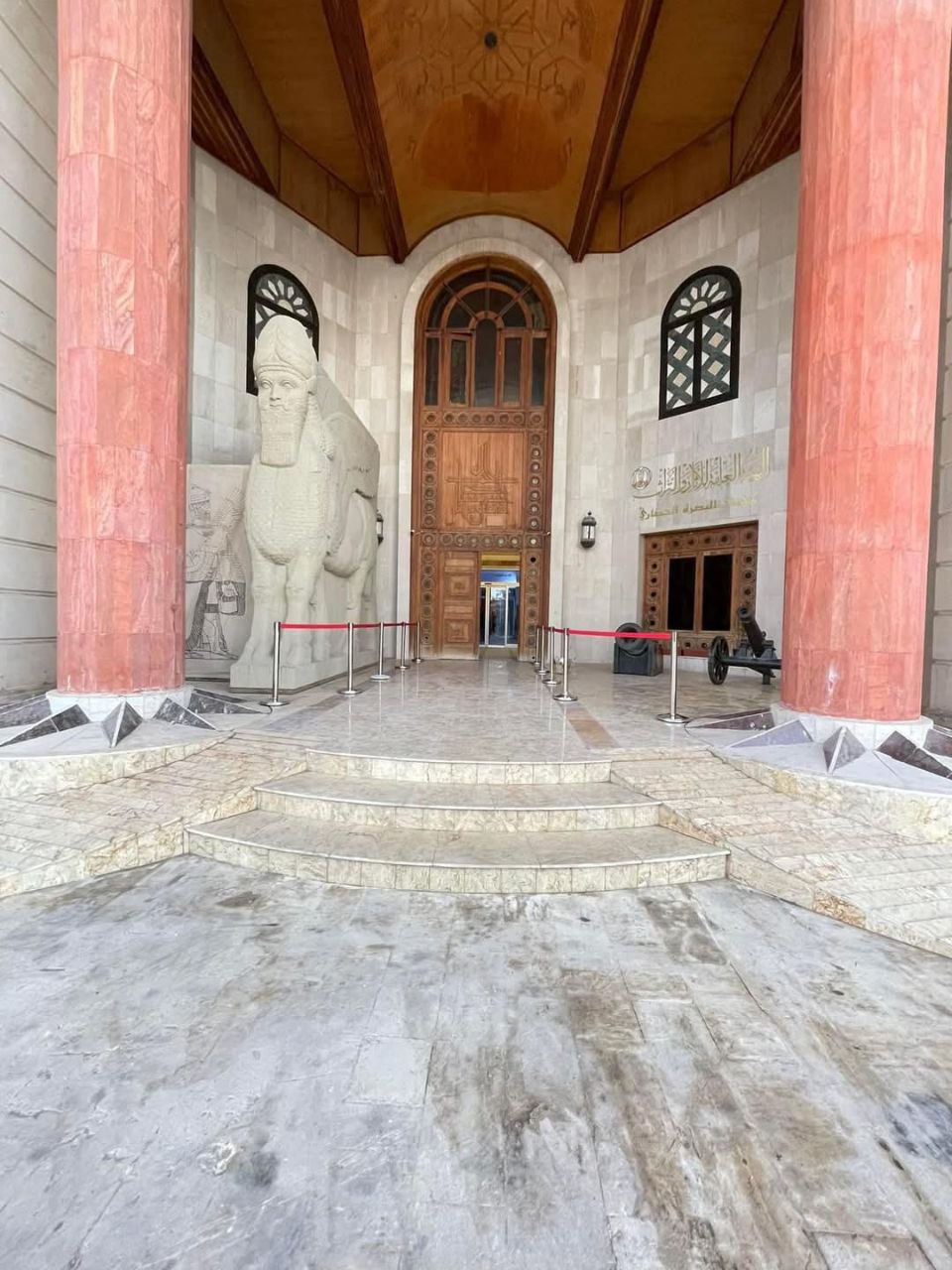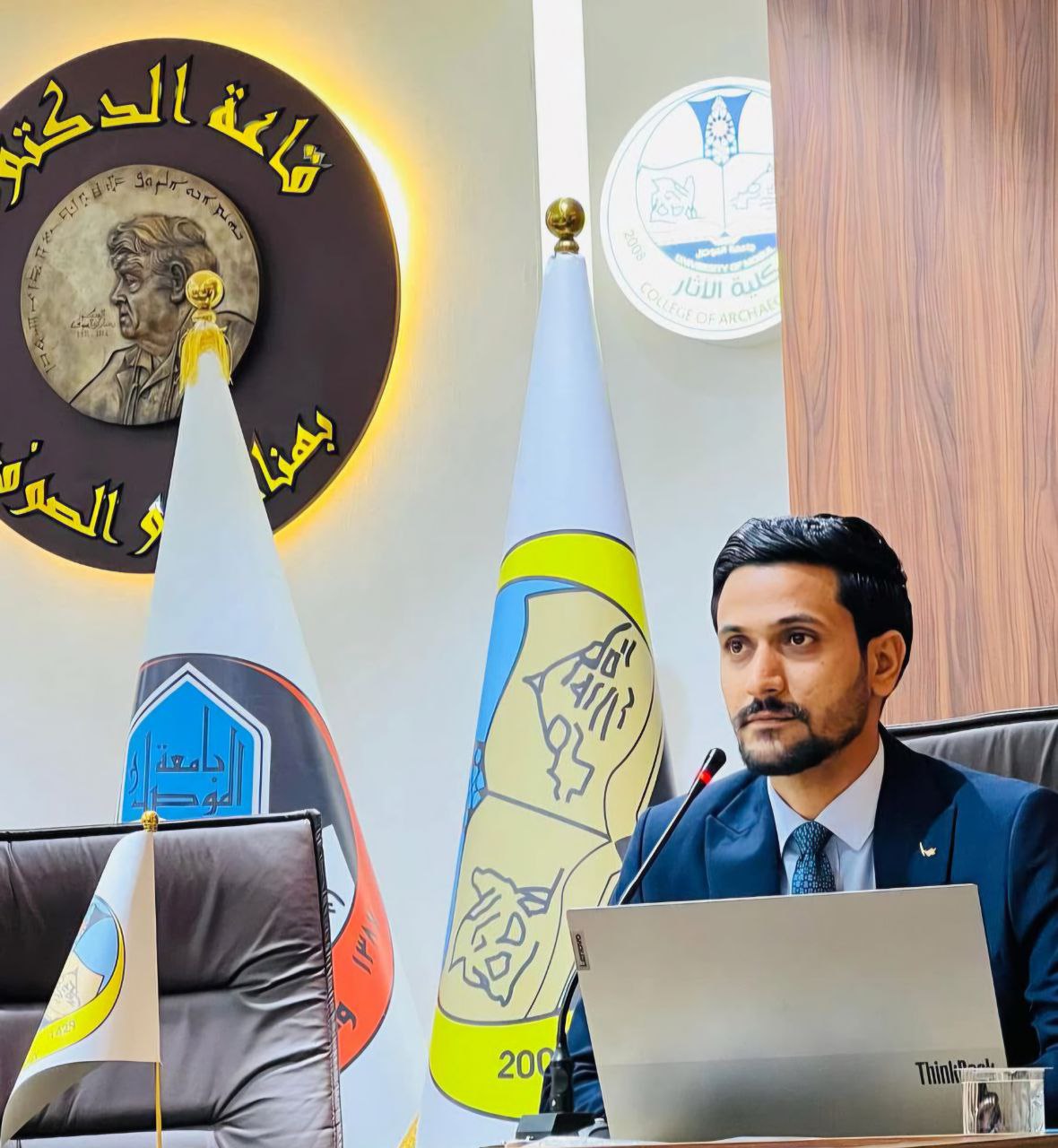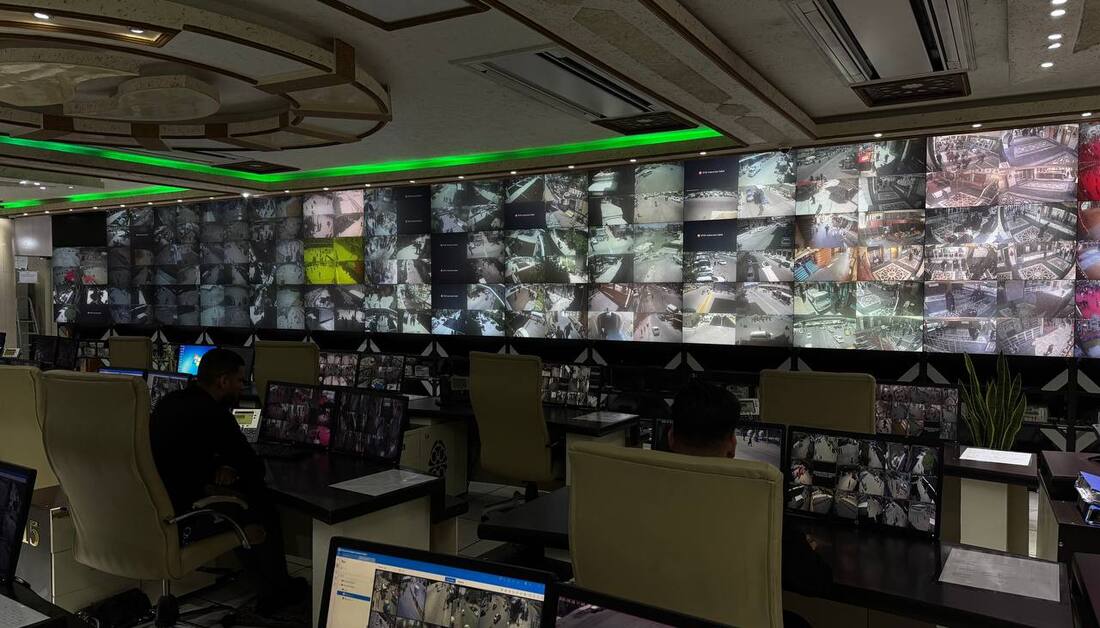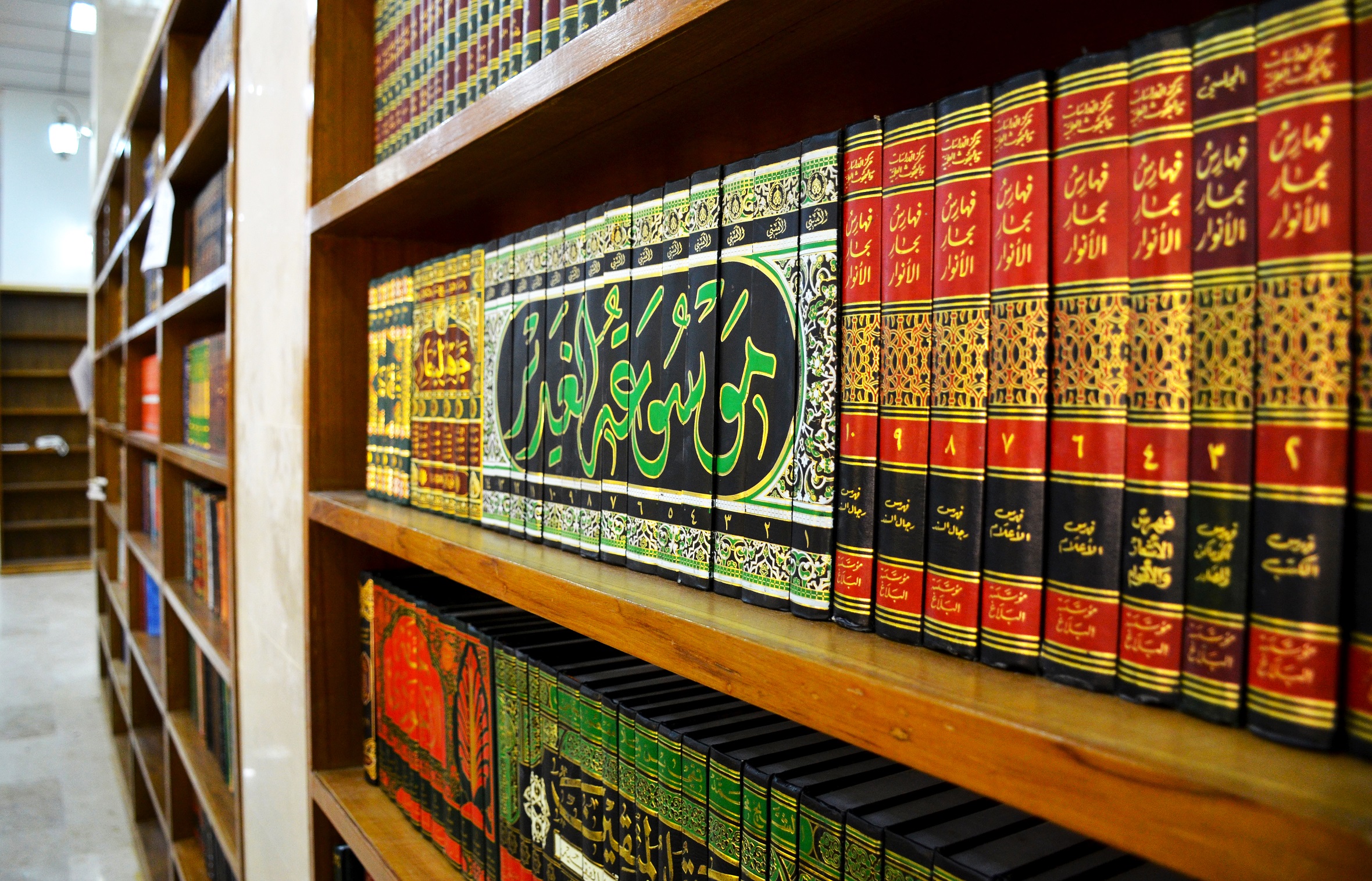Official: Basra has 170 registered archaeological sites, and we are working to restore others
Karbala Now News Agency interviewed Mr. Mustafa Jassim Al-Hussaini, the Director of the Basra Antiquities and Heritage Inspectorate.
Archaeological sites are scattered across the cities of Mesopotamia, telling the story of ancient civilizations that once thrived on this land, leaving behind a rich historical and cultural legacy. Iraq’s cities and towns continue to hold treasures waiting to be discovered, unveiling previously unrecorded chapters of history. Basra, in particular, has attracted the attention of researchers, excavators, and scholars.
In this interview, Mr. Mustafa Jassim Al-Hussaini discusses the archaeological landscape in Basra.
- First, how many archaeological sites are there in Basra, and what are some of the most prominent?
Basra has 170 officially registered archaeological sites. Among the most significant are: the Old City of Basra, the Imam Ali Mosque (peace be upon him), the city of Alexandria (Khaybar), and several others.
- How do you assess the importance of Basra's antiquities and heritage in the historical context of Iraq and the broader region?
Basra was established as an Islamic capital by the Arab commander Utbah ibn Ghazwan in 14 AH, making it the first city founded outside the Arabian Peninsula. It became a center for numerous Islamic schools and scholars, including prominent figures like Al-Jahiz, Al-Farahidi, Abu Al-Aswad Al-Du'ali, and others.
- What efforts is your directorate currently making to preserve Basra's antiquities?
The Inspectorate has a significant plan in place to excavate the Old City of Basra, uncover its foundations, and document the ruins of the old mosque. This initiative aims to transform the area into a major tourist attraction in collaboration with the local government. Additionally, we are focused on preserving the Imam Ali Mosque (peace be upon him) and envision it becoming one of the most important Islamic mosques in the Arab world.
- How are you addressing the challenges of deterioration or neglect that affect some archaeological sites?
Neglect has unfortunately affected many antiquities, similar to other government institutions. However, the Inspectorate, in cooperation with the General Authority for Antiquities and Heritage and the local government in Basra, is actively working to address violations at archaeological sites and restore and rehabilitate them for tourism purposes.
- What measures are in place to prevent the smuggling or vandalism of antiquities?
We are implementing awareness-raising campaigns and maintaining high-level coordination with relevant security agencies to prevent smuggling or vandalism at archaeological sites.
- Are there new excavation campaigns in Basra, and what are the most recent discoveries?
At present, a joint German-Iraqi mission is conducting excavations and research at the city of Khayaber (Greater Alexandria), founded by Alexander the Great.
- How about support and cooperation from the central government, international organizations, and other entities?
We receive strong support from the local government in Basra. This year, we have a project to restore Madhi Palace. The Ministry of Antiquities also backs our initiatives in accordance with the Antiquities and Heritage Law. Additionally, we have ongoing cooperation with UNESCO, which supported the restoration of 11 heritage buildings in the Old City of Basra in the first and second phases. This year, we are preparing to complete the third phase, which may include transforming the Sayyab House into a museum after its restoration.
- Are there any educational programs aimed at teaching new generations about the importance of archaeological heritage?
The Basra Civilization Museum hosts hundreds of students each year. We have formed a team to educate these students about the significance of Iraqi civilization, fostering a sense of pride and connection to this ancient land—the birthplace of the first 100 inventions, as well as advancements in writing, law, medicine, astronomy, and music.
Interviewer: Emad Bao
